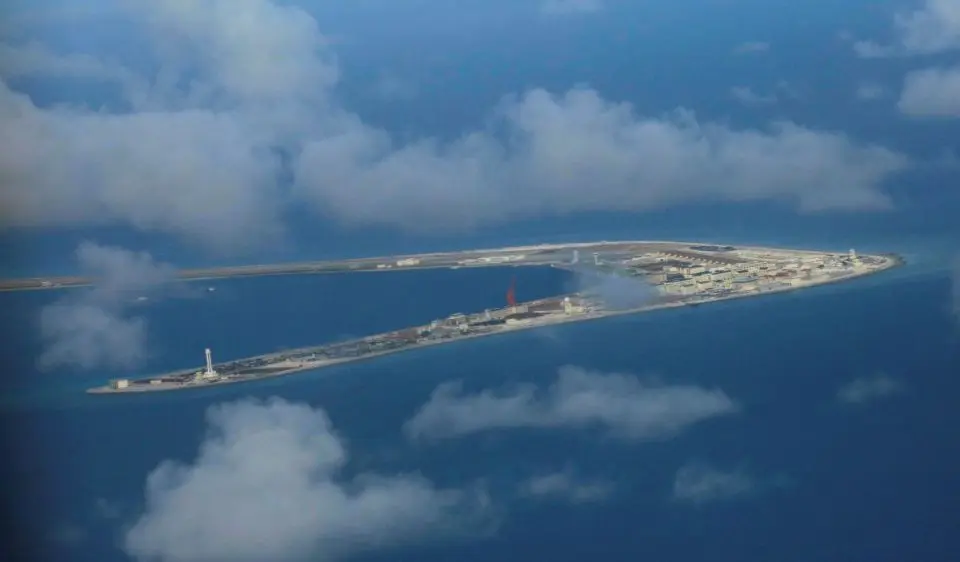ISTANBUL, Sept 24 — The Philippines on Saturday (September 23) urged ‘the peaceful settlement of disputes, in accordance with international law’ in the South China Sea, where Manila has competing claims with Beijing.
It urged the ‘preservation’ of a rules-based global order, reported Anadolu Agency.
“This has always been our position concerning the disputes in the West Philippine Sea, in as much as we are prepared to defend our sovereignty, sovereign rights and territorial integrity,” Foreign Secretary Enrique Manalo told the 78th session of the United Nations (UN) General Assembly in New York.
The warm waters of the South China Sea are a hotbed of maritime conflicts where Beijing makes broad claims along its nine-dash line.
But many of China’s maritime neighbours, including the Philippines, have pushed back on such claims and have asserted their sovereignty in parts of the disputed waters.
In 2016, China was dealt a blow when the Permanent Court of Arbitration (PCA), an international tribunal based in The Hague, ruled that the nine-dash line claim has no legal basis under international law.
In recent days, Beijing and Manila have seen new tensions in the disputed waters, while the Philippines has also accused Chinese vessels of allegedly damaging marine life in some parts of the disputed sea.
The Chinese Coast Guard has used water cannons to push back Filipino vessels from waters where Beijing claims its control in recent days.
Emphasising the 2016 ruling by the PCA, Manalo said: “If multilateralism must endure, all states must adhere to the rule of law.”
The Philippines, he added, is a ‘friend to all and enemy to none.’
“Our Constitution renounces war as an instrument of national policy, adopts the generally accepted principles of international law as part of the law of the land and adheres to the policy of peace, equality, justice, freedom, cooperation, and amity with all nations,” said Manalo.
The Philippines is an archipelagic state whose destiny is intimately linked with the ocean, he said. Manila ‘is a champion of the 1982 UN Convention on the Law of The Sea.’
— Bernama





